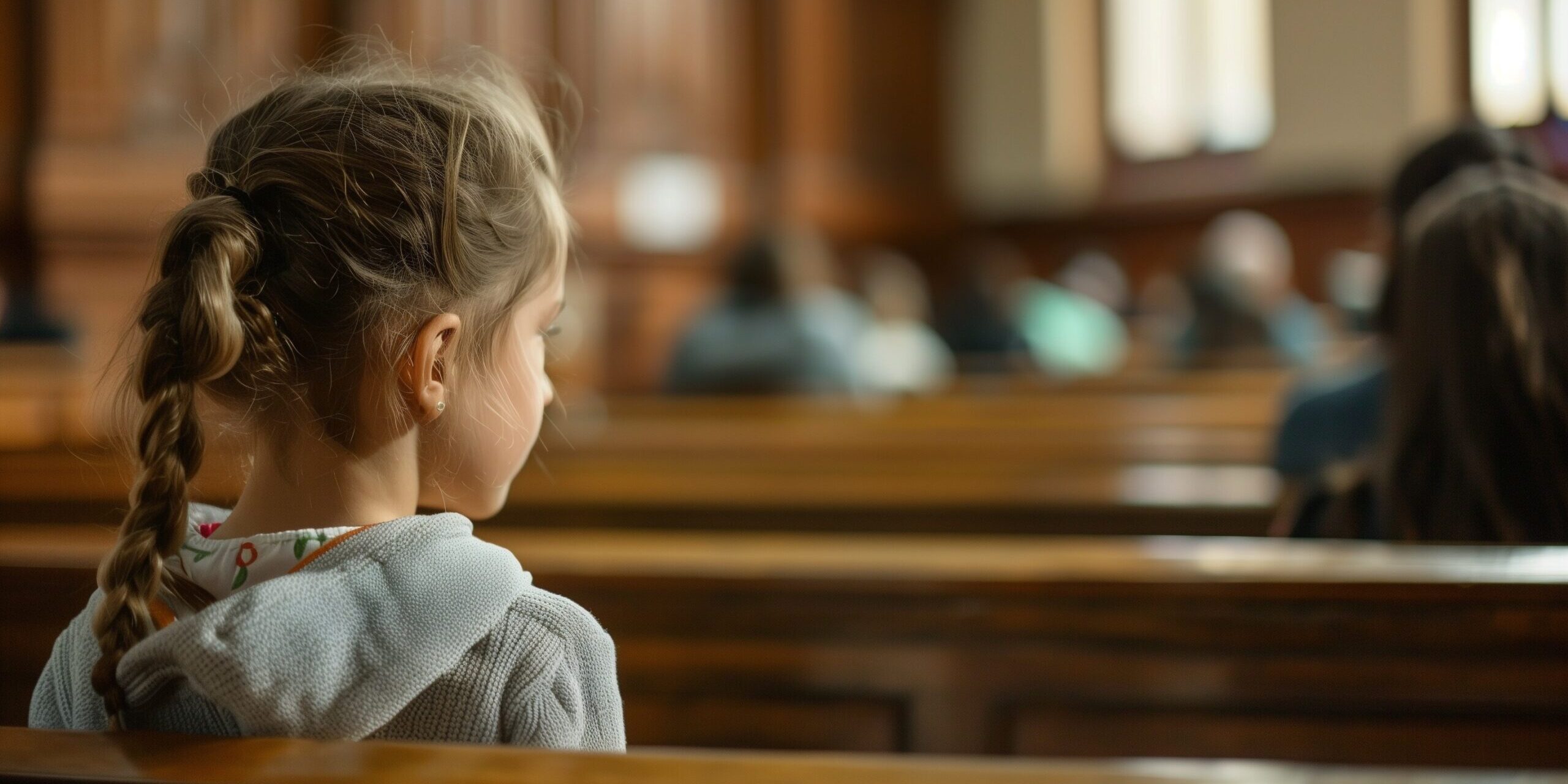 “Taking Care of Maya” documentary explores stomach-churning parental rights legal questions
“Taking Care of Maya” documentary explores stomach-churning parental rights legal questions
False imprisonment, battery, ketamine, suicide, medical negligence, endless screaming from excruciatingly debilitating pain – these are the ingredients perhaps for a daytime soap opera dealing with parental rights and a child’s best interests. However, a movie producer would likely find it all too over the top.
Nonetheless, they are the true story unfolding in the real-life recounting of Maya Kowalski, whose family sued Johns Hopkins All Children’s Hospital in Florida for $220 million in compensatory and punitive damages.
Now 17 years old, Maya was admitted in a wheelchair to the hospital at age 10, unable to walk and writhing from severe pain and constipation, she testified in a Venice courtroom. Her confinement and medical treatment are the subjects of the Netflix documentary “Take Care of Maya,” released in June of this year.
Maya as a compelling witness
In remarkably articulate testimony for her youth, Maya said she saw her mom for the final time about a week after admission because a judge subsequently ordered her separated from her parents based on a hospital social worker’s report of suspected medical child abuse.
In a flood of tears, Maya testified that hospital nurses and doctors did not believe her symptoms were real, that she was forced to undergo painful physical therapy that worsened her rare neurological condition. Additionally, during three months of hospitalization, her father, a brother, and a priest were given little time in a visit to tell her that her mother had taken her own life.
The lawsuit also alleges that the hospital fraudulently billed her insurance company about $536,000 for treatment for the disorder that hospital doctors said Maya did not have.
We provide excellent counsel on law firm marketing
We’ve been advising medical practices for three decades. Our LawMarketLink program for lawyers carries the same guarantee on new client growth from our services. We have the data to prove it.
The ordeal of deciding who to believe in a parental rights case
Attorneys for All Children’s countered that staff saw clear evidence of child abuse at home, was only acting in Maya’s interests. The hospital contended that Maya was able to regain the ability to walk and return to school after her discharge without the use of ketamine, a potentially lethal drug that Maya had been taking in massive doses.
Regardless, the documentary is a heartbreaking examination of failures by the medical establishment and the judiciary to avoid making a difficult situation worse. As of this writing, plaintiff’s attorneys had rested their case and were working with defense counsel and the judge through motions and jury instructions.
Six-member jury awards whopper damages
The Kolwolski trial lasted eight weeks, featuring extensive testimony involving a conflict between the hospital’s assessments of a child’s best interests and the parental rights of Maya’s mother and father.
Following two days of deliberations, on November 9, 2023, the trial’s six jurors found in favor of the Kowalski family. The three survivors were granted $261 million in total compensatory and punitive damages.
The jury found the hospital liable on all seven allegations – false imprisonment, medical negligence, battery, fraud and intentionally inflicted emotional distress (IIED) on the family. Jurors further found that the toll on the family eventually led to the death of Maya’s mother, Beata.
The judge subsequently granted a defense motion for remittur and reduced the award to $213 million. However, the judge denied the hospital’s motion for a new trial.
Update: A $213 judgment is on appeal
In mid-August 2024, attorneys for All Children’s Hospital filed an appeal, asking the appeals court to overturn the jury’s verdict. The hospital legal team argues that Maya’s testimony was emotionally inflammatory and that the damages were excessive.
In addition, hospital lawyers say, evidence of the punitive damages claim was not proven by clear and convincing evidence, and there was insufficient evidence supporting the IIED claim. Resolution of the appeal is not likely to occur before 2025.
Disclaimer
The information on this website does not constitute legal advice and is not guaranteed to be correct, complete, or up to date. The information is provided as is without warranty of any kind, either express or implied, including but not limited to, the implied warranties of merchantability, fitness for a particular purpose, or non-infringement. Vanguard Communications authorizes website visitors to view, store, print, reproduce, copy, and distribute any pages for non-commercial purposes. In consideration of this authorization, you agree that a) any copy of these documents shall retain copyright and other proprietary notices herein, and b) this disclaimer is included with any distribution.